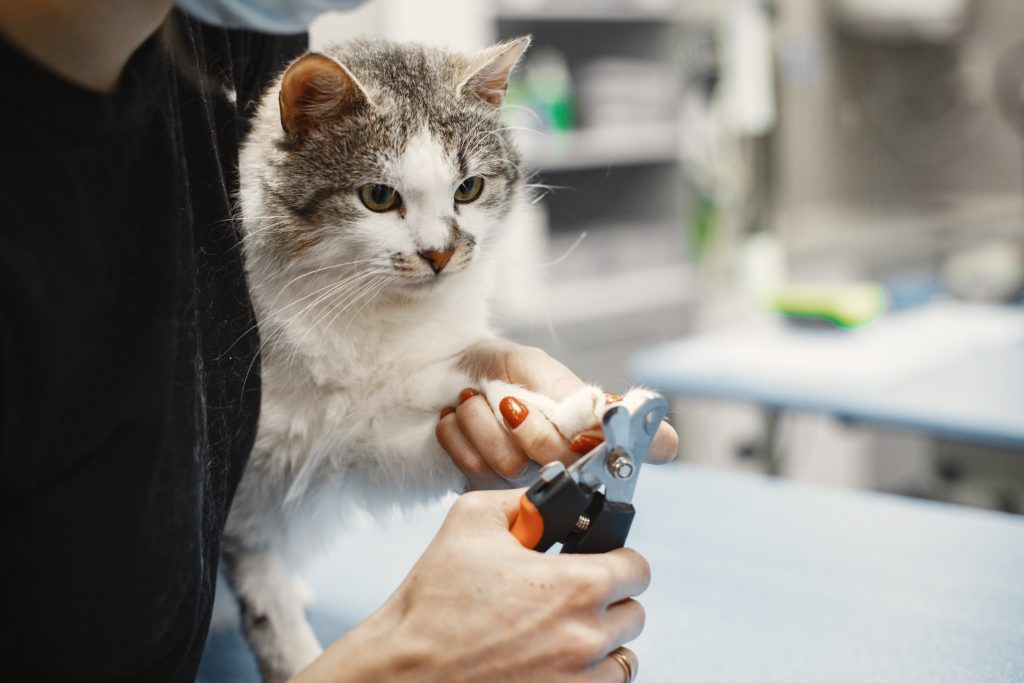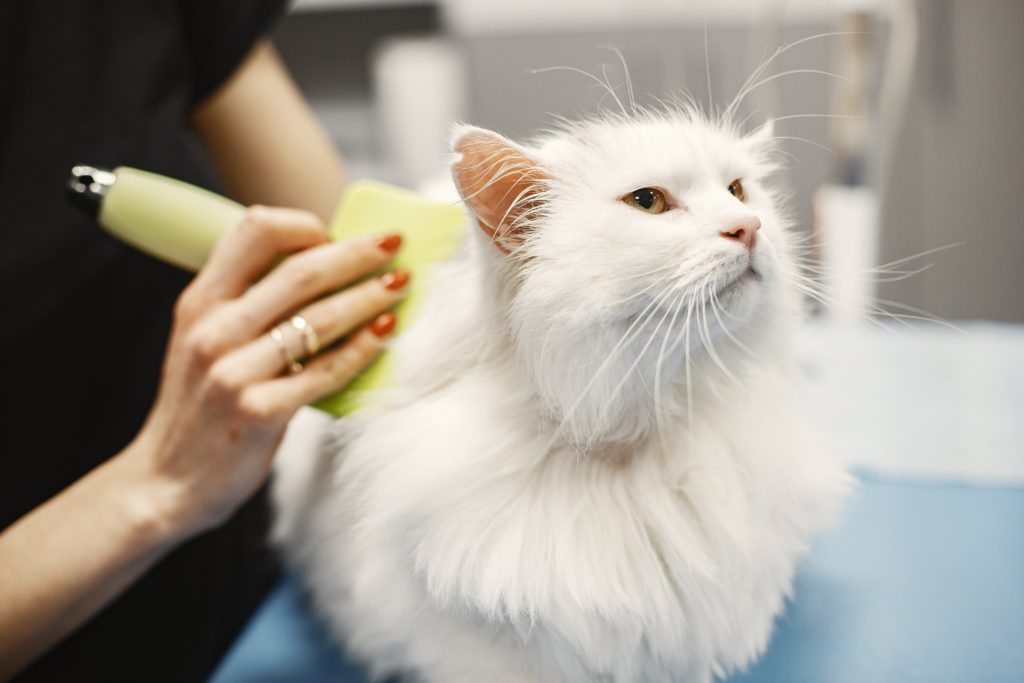
As pet owners, our beloved furry companions hold a special place in our hearts. Their unconditional love and companionship bring joy and comfort to our lives. Ensuring the well-being of our pets is of utmost importance, as they rely on us for their health and happiness. In this blog post, we will delve into various aspects of pet health, ranging from physical fitness to mental well-being, nutrition, preventive care, and more. Let’s explore how we can provide the best possible care for our cherished four-legged friends.
The Foundation of Pet Health: Nutrition
Proper nutrition is the cornerstone of pet health. A balanced and nutritious diet is essential for your pet’s growth, energy levels, and overall health. Just like humans, pets require a well-rounded diet that meets their specific nutritional needs. Depending on their age, breed, size, and health condition, their dietary requirements may vary. Consulting with a veterinarian to develop a tailored diet plan can ensure your pet receives all the necessary nutrients.
Keeping Your Pet Active: Physical Fitness Matters
Regular exercise is vital for your pet’s physical and mental health. Engaging in physical activities helps to maintain a healthy weight, improves cardiovascular health, and strengthens muscles and bones. Dogs, for instance, benefit from daily walks and playtime in the park, while cats can stay active with toys and climbing structures. Keeping your pet active also provides an opportunity for socialization, reducing anxiety and behavioral problems.
Preventive Care: A Stitch in Time Saves Nine
Preventive care is the key to avoiding potential health issues and prolonging your pet’s life. Regular visits to the veterinarian for check-ups, vaccinations, and parasite control are crucial. Annual or bi-annual examinations can help identify health concerns early on, ensuring timely treatment. Dental care is often overlooked but is equally important to prevent dental diseases that can impact your pet’s overall health.
The Mental Well-being of Pets: Enrichment and Companionship
Pet health isn’t just about the physical aspects; mental well-being matters too. Pets are social creatures that thrive on companionship and mental stimulation. Loneliness and boredom can lead to anxiety and depression in pets. Spending quality time with your pet, providing toys, and creating interactive games can keep their minds engaged and prevent behavioral issues.
Grooming and Hygiene: Maintaining a Clean and Healthy Pet
Grooming plays a significant role in maintaining your pet’s health and comfort. Regular brushing helps prevent matting and reduces shedding for furry companions. Additionally, proper grooming keeps their skin healthy and free from irritations. For some breeds, professional grooming might be necessary to maintain specific coat textures.
Recognizing Signs of Illness: Be an Attentive Pet Parent
As a responsible pet owner, it’s crucial to be attentive to any changes in your pet’s behavior or physical condition. Loss of appetite, lethargy, changes in bathroom habits, or unusual behavior might be indicators of an underlying health problem. When you notice such signs, seek professional veterinary advice promptly.
Pet-Proofing Your Home: Creating a Safe Environment
Pet-proofing your home is crucial to ensure your pet’s safety. Just like curious toddlers, pets are prone to accidents and mishaps. Keep harmful chemicals, small objects, and potential choking hazards out of their reach. Secure balconies and pools, and be cautious with open windows to prevent falls.
Pet Insurance: Preparing for the Unexpected
Pet health emergencies can be emotionally and financially challenging. Considering pet insurance can provide peace of mind in times of unexpected accidents or illnesses. Different insurance plans cater to various needs and budgets, so it’s essential to research and select the best coverage for your pet.
Pet Health for Senior Companions: Aging with Grace
As our pets age, their health needs change, and they require special attention and care. Senior pets are more susceptible to age-related conditions such as arthritis, cognitive decline, and organ dysfunction. Regular veterinary check-ups become even more critical during this phase of life. Your veterinarian can recommend suitable dietary adjustments, supplements, and medications to support your aging pet’s health and comfort.
Mental Health and Enrichment for Senior Pets:
Maintaining mental stimulation is vital for senior pets too. Age-related cognitive decline can lead to confusion and anxiety. Providing interactive toys, puzzle feeders, and gentle playtime can help keep their minds sharp and active. Moreover, spending extra quality time with your senior pet can reassure them and alleviate any anxiety they may experience.
Dental Health: The Gateway to General Well-being
Dental health is often underestimated, but it significantly impacts a pet’s overall well-being. Dental problems can lead to pain, difficulty eating, and systemic health issues if left untreated. Regular dental check-ups and professional cleanings are essential for maintaining healthy teeth and gums. Additionally, dental treats and toys can help reduce tartar buildup.
Avoiding Obesity: A Growing Concern
Obesity is a widespread health issue among pets, leading to numerous health complications. Overfeeding and lack of exercise are the primary contributors to obesity. Maintaining a healthy weight is crucial for your pet’s overall health and can prevent conditions like diabetes, joint problems, and heart disease. Consult with your veterinarian to establish an appropriate diet and exercise routine tailored to your pet’s needs.
Hydration Matters: Keeping Pets Well-Watered
Proper hydration is essential to your pet’s health, especially during hot weather. Always ensure that your pet has access to fresh and clean water. Dehydration can lead to various health problems and may become critical if not addressed promptly. If you notice any signs of dehydration, such as dry gums or excessive panting, seek veterinary attention immediately.

Recognizing Allergies and Sensitivities:
Pets, like humans, can develop allergies and sensitivities to certain foods, environmental factors, or parasites. Common signs of allergies include excessive scratching, licking, and skin irritations. If you suspect your pet may be experiencing allergies, consult with your veterinarian to identify the triggers and develop a management plan.
Emotional Well-being: The Power of Love and Understanding
Pets are highly sensitive to their human emotions and environment. Creating a stable and loving home environment is crucial for their emotional well-being. Changes in routine, such as moving to a new home or the arrival of a new family member, can be stressful for pets. Provide reassurance, patience, and understanding during these transitions.
Traveling with Your Pet: Ensuring Comfort and Safety
If you plan to travel with your pet, it’s essential to make the journey comfortable and safe for them. Ensure they are secure in a well-ventilated carrier or restrained with a pet seatbelt in the car. Bring along familiar items, such as their favorite toys and bedding, to provide a sense of comfort during the trip.
Conclusion:
The health and happiness of our pets depend on the care and attention we provide as responsible pet owners. By focusing on nutrition, physical fitness, preventive care, mental enrichment, and emotional well-being, we can ensure our furry companions lead fulfilling lives by our side. Regular veterinary visits, a balanced diet, regular exercise, and abundant love and attention form the foundation of excellent pet health. Remember, our pets give us their unwavering loyalty and love, and it is our duty to reciprocate by providing them with the best possible care and attention throughout their lives.